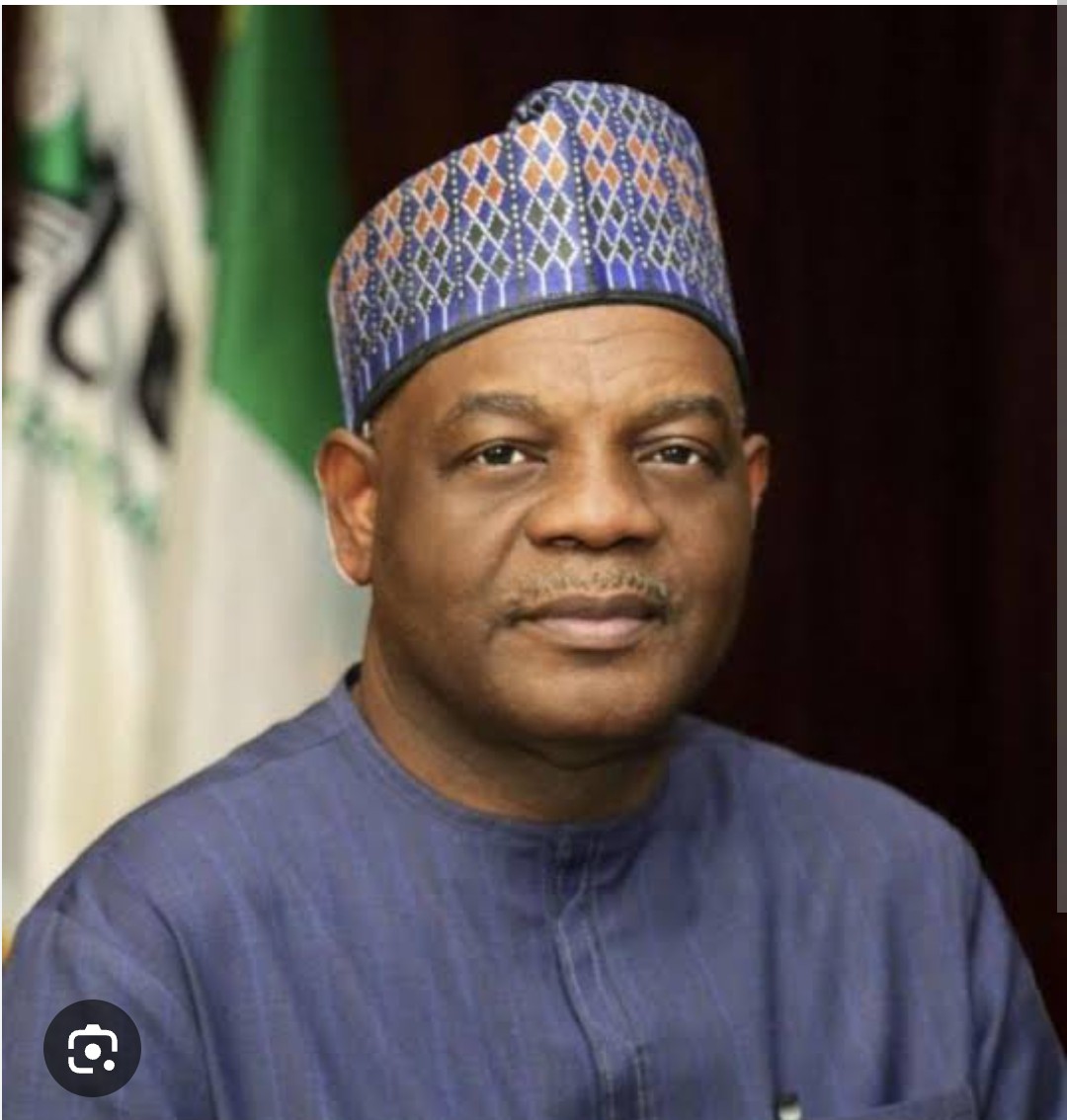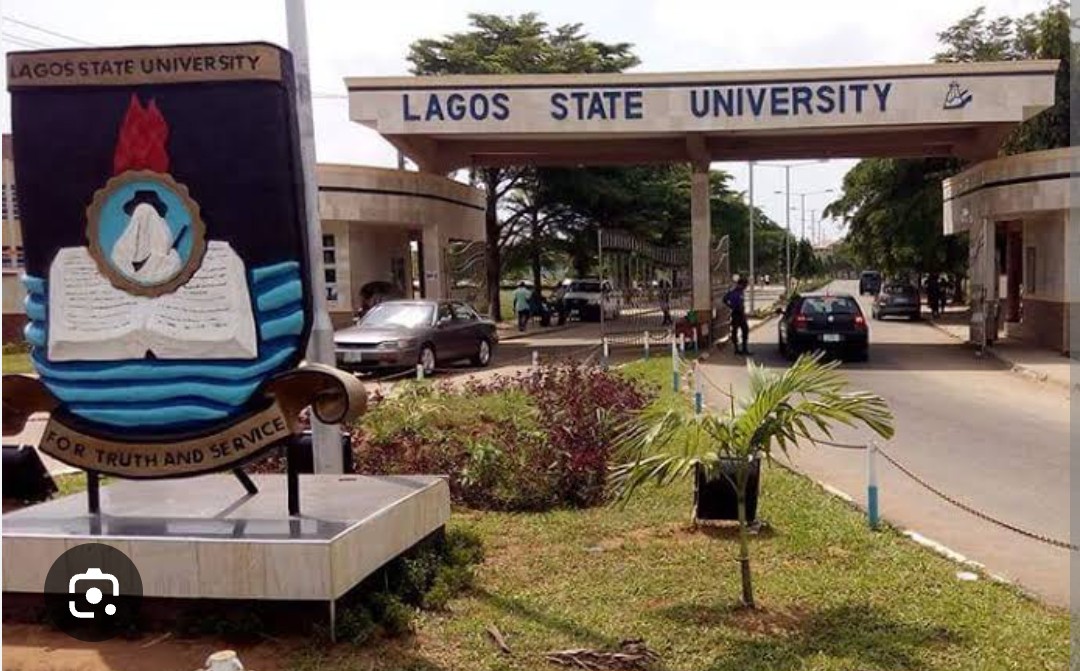The Executive Secretary of the Tertiary Education Trust Fund (TETFund), Sonny Echono, has expressed dissatisfaction with the deployment of vice chancellors of public universities as returning officers during elections by the Independent National Electoral Commission (INEC).
He argued that this practice undermines the autonomy of universities and called for measures to protect higher institutions from political interference.
Speaking during the 36th convocation ceremony of the Federal University of Technology, Owerri, Imo State, Echono emphasized that leadership and governance are pivotal to addressing challenges in Nigeria’s higher education system. He said, “Experts have observed that over-regulation and excessive interference lessen institutional flexibility, which is essential to improving efficiency and productivity.”
Echono advocated for a balance between government oversight and university autonomy to ensure academic freedom, foster innovation, and promote the long-term vitality of public universities.
On insulating universities from political activities, Echono remarked, “As much as possible, universities should be insulated from political activities such as vice chancellors serving as returning officers in elections.”
He suggested a randomized selection process for election duties, excluding vice chancellors, and recommended involving staff unions or their attestations in the nomination process.
He emphasized the importance of leadership in driving the progress of universities, warning that ineffective governance could hinder their development. “Leadership is not just a title. It is a responsibility. It is not merely about directing others but about inspiring, guiding, and serving those who place their trust in you,” he stated.
Echono identified challenges such as bureaucratic inefficiencies, slow decision-making, and a lack of responsiveness to changing needs as obstacles to effective governance in Nigerian universities. He also highlighted the absence of accountability and transparency in resource allocation as a major issue.
“Inadequate infrastructure, especially in public universities, impedes effective teaching and learning, research, and student life,” Echono added, urging stakeholders to prioritize addressing these challenges.
The TETFund Executive Secretary maintained that the future of Nigeria’s higher education system hinges on effective, transparent leadership and governance, underscoring their role in fostering innovation and societal progress.












